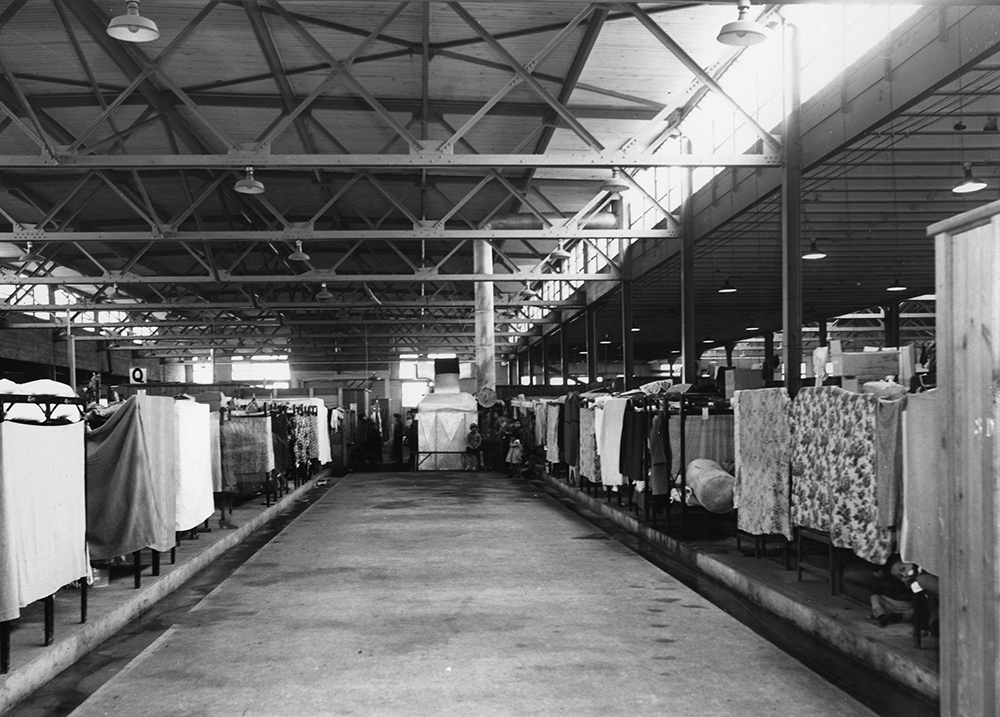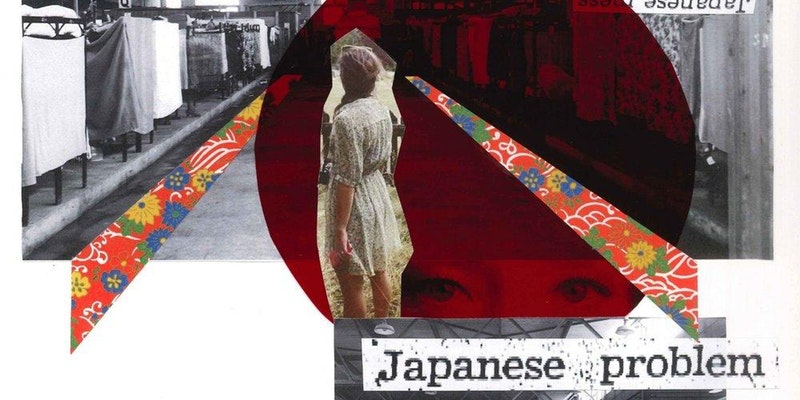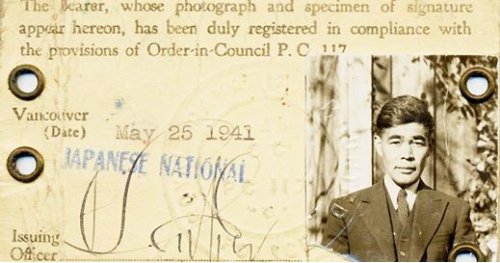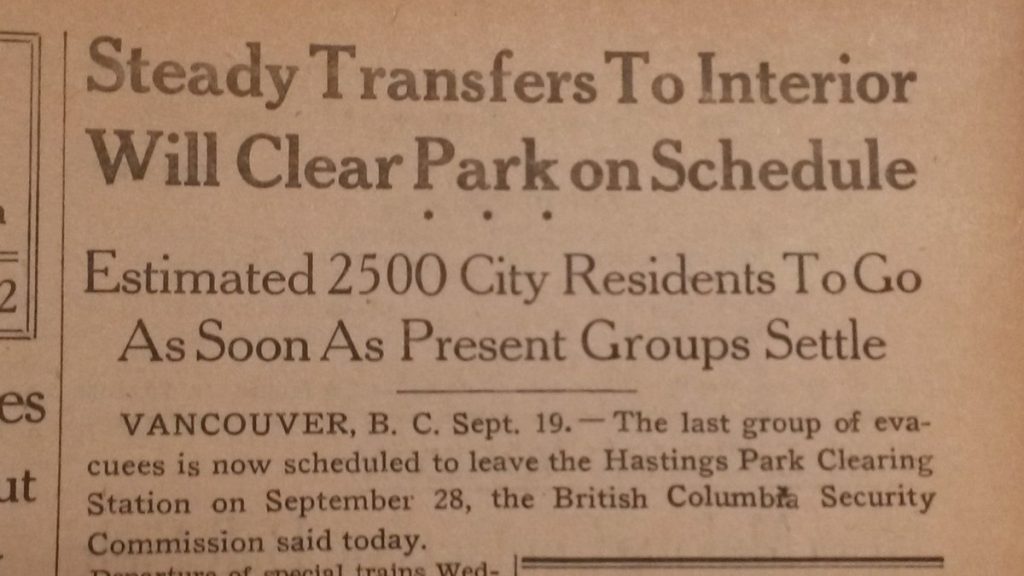Livestock Building, Hastings Park until September 30, 2017
All shows sold out. Tickets for shows at the Nikkei National Museum and Cultural Centre, October 15 and November 16 online at https://www.eventbrite.com/e/hastings-park-1942-Japanese-problem
Posted September 27, 2017
How could we not know about 8,000 Canadians of Japanese heritage housed like cattle in the Livestock Building in Hastings Park prior to being shipped off to various internment and labour camps across the country in 1942? Probably because we didn’t want to know.
Following the 1941 attack on Pearl Harbour, Mackenzie King’s government ordered the round up and removal of almost 24,000 west coast Japanese-Canadians, fearing possible espionage despite there being no evidence against them. There was also talk of ‘protecting’ these ‘foreign aliens’ against possible violence.
The horse stables, across from the racetrack at Hastings Park, became a sort of stockyard for up to one thousand evacuated women and young children at a time; the men and boys were held in various other buildings on the site. Families were split up. Over time the word ‘evacuated’ changed to ‘interned’ and, eventually, to the more truthful ‘incarcerated.’ The promise of full restoration of their homes, land and property was reneged on.
The JAPANESE PROBLEM takes us back to this shameful period in Canadian history in a site-specific performance, co-created by Yoshié Bancroft and Joanna Garfinkel. The smell of hay, horses and dung greets us as we enter the Livestock Building where the women and children were housed in stalls. Coming from clean, tidy homes, the internees were devastated by the living conditions: filthy walls, straw mattresses and open sewage troughs. Possibly worse was the separation from loved ones and the uncertain future.

Yoshié Bancroft, co-creator with director Joanna Garfinkel, introduces herself as Yoshié but tells us tonight she will be Samantha, a young Japanese Canadian woman newly arrived in the Livestock Building in the spring of 1942. She invites us to follow her to the stall that was to be her home for some months. Later we meet Brent Hirose who tells us he will be Ken, who befriends Sam, but a budding romance is cut short when he is shipped off. Along the way we meet Nicole Yukiko, who will play the sympathetic nurse and Daniel Deorksen, portraying the conflicted guard whose job it is to keep order.
The barn is huge, the ceiling high, the walls are filthy from years of livestock occupation, the floor is badly stained concrete. Now there are bathrooms with sinks and toilets where none were before. Being there, walking from stall to stall – portioned off with old sheets to provide some privacy, brings the reality of the situation into sharp focus. It’s impossible not to imagine your own family, your own loved ones, forced – through no fault – into such appalling living conditions.
Large numbers in small spaces led inevitably to sickness and disease. The dark, windowless basement, called the Dungeon by the internees, was where the sick were isolated and where many died.
The show is a simple but powerful retelling of the story; the quiet, beautiful strength of Bancroft’s performance is the focal point. There are several occasions when the performers stop – as if unwilling or unable to continue – and, indeed, at one point Yukiko says she cannot go on. It’s all in the script.
The talkback after the 8PM performance the night I attended was as powerful and revealing as the play. Several in the audience were children or grandchildren of incarcerated Japanese-Canadians; they all agreed that, in their family history, the internment was considered “shameful” and never spoken of.
Reading through the memoirs at hastingspark1942.ca, and I strongly recommend that you do, adds intimate, painful memories: leaving behind the family dog, eating stew not rice, buying a pass and slipping out to ‘Japantown’ for the day. Or using a pass only to find, at Woodwards, a big sign reading, NO JAPS.
JAPANESE PROBLEM is produced by Universal Limited whose mandate includes revealing neglected stories of people and communities. Public and critical response has been so overwhelmingly positive, Universal Limited is looking for future touring possibilities. Perhaps the PNE will make it possible for the show to be mounted once again in the Livestock Building where authenticity adds powerfully to this little-known, disgraceful episode in Canadian history.





